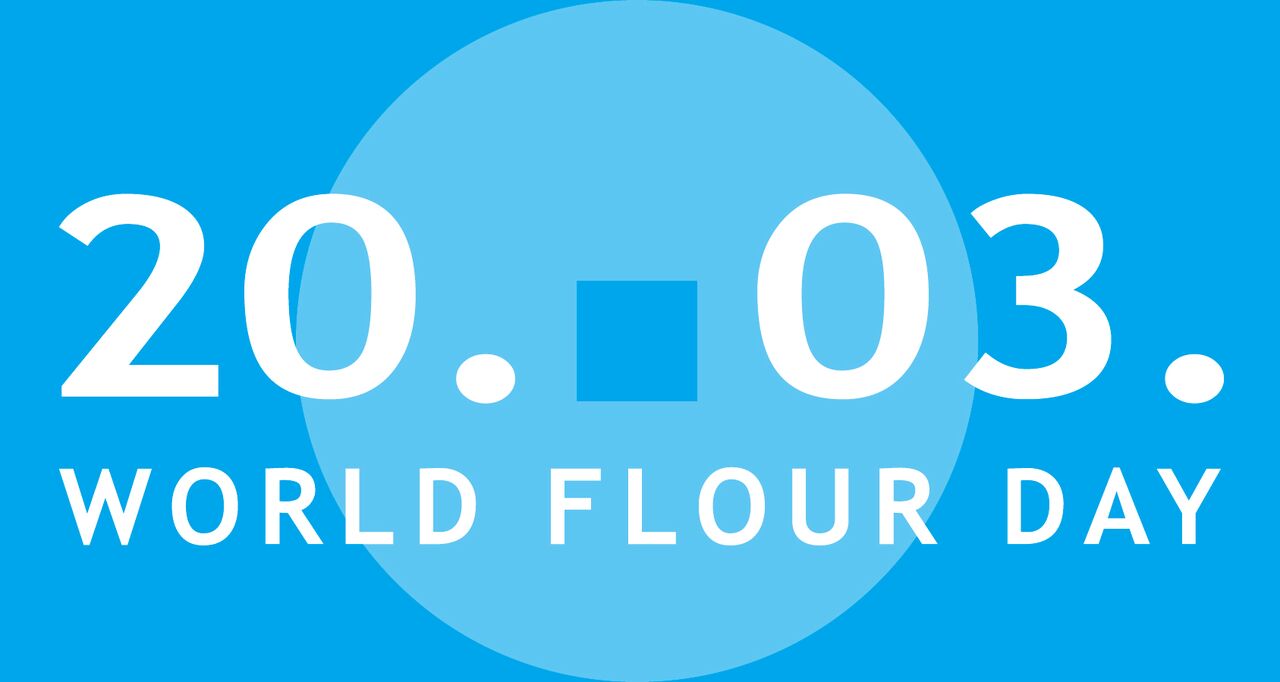Crown Flour Mills, more commonly known as CFM, initiated its operations in 1952 as a modest mill capable of milling 40 tons of wheat per day. All original machines were branded “Robinson”: The British top-of-the-line equipment at that time. From then and until present, only a few changes occurred. When the Lebanese Civil War (1975-1990) hit, it was a miracle that the mill survived. In 1991, and after 25 years of government wheat import controls, flour subsidies, and direct bread controls, the Lebanese Government liberalized the imports of wheat and allowed the private mills to operate freely on the Lebanese Market. Since then, Lebanon’s Milling Industry went through a major restructuring and reinvestment period, which lead to an increase of the number of mills operating in Lebanon. Today, the total mills count reaches twelve. It was at that time when the great march of Crown Flour Mills started into modernization, automation, quality control, sanitation, and ISO Certifications and many other fields that contributed to the current standing of CFM. Since 1992, CFM has invested carefully and judiciously in new machinery, extension building, a new silos storage for wheat storage and continuous employee training.
Today, CFM consists of 3 production lines, equipped by the well-known Giants Buhler and Sangati. It currently owns a production capacity of 430 tons of flour per day. CFM provides its customers constantly with daily fresh flour.
CFM’s first agony started with the devaluation of the Lebanese currency in October 2019 and then the Corona Virus Pandemic hit the entire world in February 2020. From thereon, its fight with time began. The Lebanese government started implementing rules and regulation to decrease the impact of the virus spread. As an act of responsibility, CFM was the first to abide by those rules in order to protect its employees and their families. However, as the situation got worse, the medical field got overwhelmed and exhausted, leading to more restrictions applied across the country. Due to CFM’s dedication, the flour consumer was never affected, and it kept on supplying all its customers the required amounts of high-end flour.
August 4, 2020 was a terrible day to all of Lebanon. An explosion happened at the Port of Beirut which was ranked 3rd largest in the world. Unfortunately, and besides devastating most of Beirut and its surrounding areas, the explosion severely destroyed the wheat silos located at the Port. The biggest fear that raced through people’s mind was hunger, as flour is the main ingredient to everything. Desperation overtook people. With the tough effect that Covid-19 left on the economy, with the exhaustion of the medical field due to the virus, and with the financial instability in the country, hope was no longer present. Normally, any business would take the decision to shut down. Crown Flour Mills, however, did not give up, even after the big blast that affected it the most. CFM moved forward and kept its head high by renting new silos and brought in new wheat vessels in order to make sure that the Lebanese population had enough flour to cover all demands. The Emergency team at CFM made sure that all necessary procedures were taken in order to make everything happen on time, to avoid any shortage or hunger strikes across the country. It is with an initiative like this that CFM was able to proudly stand next to the Lebanese population after everyone witnessed a huge loss to the country, its capital.
Today, Crown Flour Mills describes itself as a motivated and driven organization that promises the end consumer the best wheat quality it can offer no matter the circumstances. Economic instability, financial problems, pandemics, and even nuclear bombs will never stand in the way of CFM doing what it does best: Feed the nation healthy, nutritious, and great tasting flour since 1952.
